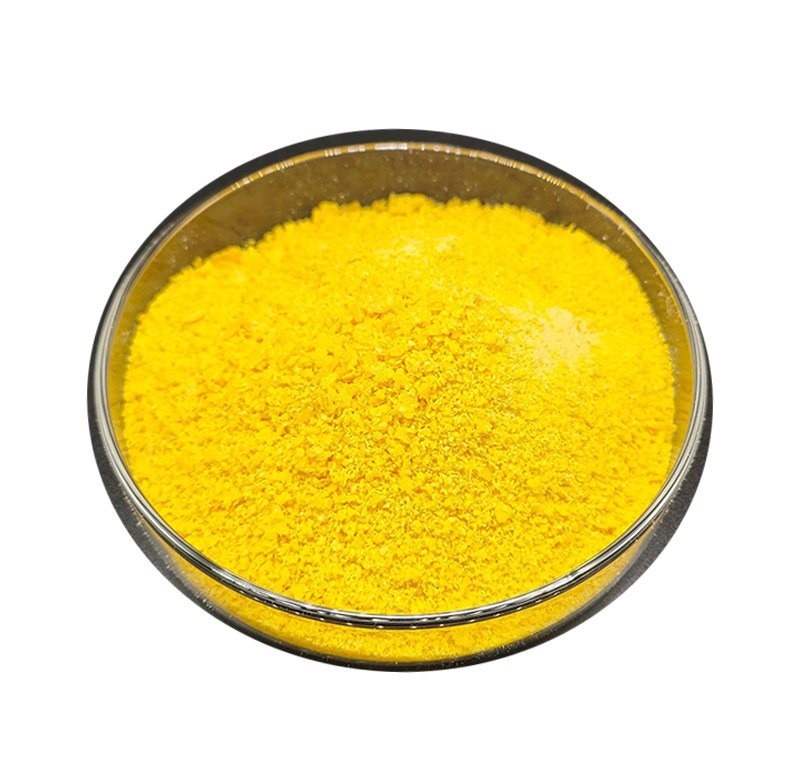Sales hotline
Sales hotline
Home >> Products >> Daily chemicals


CAS number:1327-41-9
molecular formula:AlClHO
molecular weight:79.44
EINECS number:215-477-2
aluminiumchlorohydrate;polyaluminumhydroxychloride;ALUMINUM CHLOROHYDRATE;Aluminum chloride, basic;ALUMINIUM POLYCHLORIDE;PolyaluminiumChloride(Pac);ALUMINUM POLYHYDROXYCHLORIDES;Polybasic aluminum chloride
Pharmaceutical intermediates; chemical additives; water treatment chemicals; flocculants; aluminum series; synthetic intermediates; water treatment agents; water purification agent series; organic intermediates; polyaluminum chloride; water treatment chemicals; organic chemical raw materials; Inorganic salts; chemical products - organic chemicals; organic chemical raw materials; chemical industry; raw materials; biochemical reagents - polymers; intermediates; pharmaceutical raw materials; chemical materials; chemical raw materials; organic intermediates; water treatment chemicals; inorganic chemical raw materials; Bactericide and algicide for water treatment chemicals; chemical intermediates; fluoride; elemental substances; fine chemical raw materials; Industrial/FineChemicals; watertreatmentchemical;
Polyaluminum chloride is an inorganic polymer coagulant with the molecular formula [Al2(OH)nCl6-n xH2O]m (m≤10, n=1~5). It is an inorganic polymer compound, which is a hydrolysis product between aluminum chloride and aluminum hydroxide. Due to the bridging effect of hydroxide ions and the polymerization of polyvalent anions, inorganic polymer water treatment agents with larger molecular weight and higher charge are produced. Polyaluminum chloride is an inorganic polymer coagulant, also referred to as polyaluminum, or PAC in English. Due to the bridging effect of hydroxide ions and the polymerization of polyvalent anions, the polyaluminum chloride has a large molecular weight and a high charge. Higher inorganic polymer water treatment agent. In terms of shape, it can be divided into solid and liquid, and solid can be divided into brown, yellow and white according to different colors. Polyaluminum chloride of different colors also has great differences in application and production technology.
| Density | 1.36[at20℃] |
| Vapor Pressure | 0.001Paat20℃ |
| Shape | glassysolid |
| Water solubility | solubleH2O,formsslightlyturbidcolloidalsolution[MER06] |
| Stability | Stable.Incompatiblewithmanymetals. |
| CAS database | 1327-41-9(CASDataBaseReference) |
Colorless or yellow resinous solid. Its solution is colorless or yellowish-brown transparent liquid, sometimes gray-black mucus due to impurities. soluble in water.
● Used for purification treatment of drinking water and various industrial wastewater
● As a flocculant, it is mainly used for special water quality treatment of drinking water and water supply, such as removing iron, fluorine, cadmium, and radioactive pollution. In addition to floating oil, etc. It can also be used for industrial wastewater treatment, such as printing and dyeing wastewater. In addition, it is also used in precision casting, medicine, paper making and leather making.
● Polymerized aluminum can eliminate bacteria, deodorize, decolorize, remove fluorine, aluminum, chromium, phenol, remove oil, remove turbidity, remove heavy metal salts, remove radioactive pollutants, and have a wide range of uses for purifying various waters.
● Polyaluminum chloride is a flocculant, mainly used for purification of drinking water, and also for special water quality treatment of water supply, iron removal, cadmium removal, fluoride removal, radioactive pollution removal, oil slick removal, etc. It is also used for industrial wastewater treatment, such as printing and dyeing wastewater, and is also widely used in foundry, papermaking, medicine, leather, etc.
● The boiling pyrolysis method conducts boiling pyrolysis of crystalline aluminum chloride at 170°C, and the released hydrogen chloride is absorbed by water to make 20% hydrochloric acid for recovery. Then add water to carry out aging polymerization at above 60°C, and then solidify, dry, and crush to obtain solid polyaluminum chloride finished product. In the boiling pyrolysis method, aluminum ash (mainly composed of alumina and aluminum metal) is added in a certain proportion to the reactor pre-added with washing water, and hydrochloric acid is slowly added under stirring to carry out polycondensation reaction, and the pH value is reached after aging and polymerization. 4.2 to 4.5, the relative density of the solution is about 1.2 for sedimentation to obtain liquid polyaluminum chloride. The liquid product is diluted and filtered, evaporated, concentrated and dried to obtain the finished product of solid polyaluminum chloride. That
Sales hotline:

 Scan and consult wechat customer service
Scan and consult wechat customer service